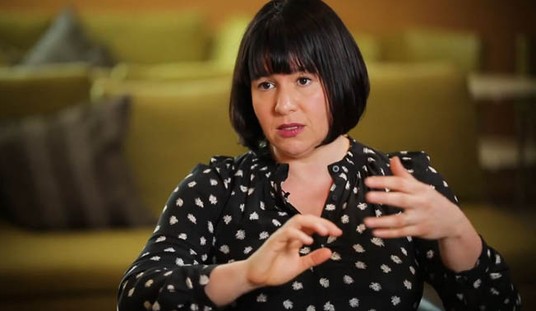On Thursday, Russian officials revealed their intention to host a new round of talks between the Syrian government and the opposition forces fighting in that country’s civil war. Exactly what opposition forces will take a seat around the table, however, remains a mystery.
“Representatives from a larger section of the Syrian opposition,” are expected to take part in the talks, said Alexander Lukashevich, spokesman for the foreign ministry.
Deputy Foreign Minister Gennady Gatilov told news agency RIA Novosti that members of the exiled opposition Syrian National Coalition, which did not take part in the first round of talks in January, were “considering coming to Moscow” for the meeting.
Gatilov said the U.N.’s Syria peace envoy Staffan de Mistura would also take part in the talks.
With the country’s secular and nationalist opposition forces on their heels, it remains unclear if the region’s increasingly influential Islamist militant groups like ISIS and al-Nusra Front will be taking part in this conference. “’Representatives from a larger section of the Syrian opposition,’ are expected to take part in the talks, said Alexander Lukashevich, spokesman for the foreign ministry,” read a report from the Lebanon-based news outlet al-Manar.
Whatever that means.
Moscow has hosted talks between Bashar al-Assad and Syrian opposition forces before, but those have ended in failure. The Kremlin, which operates a naval base in Syria, remains one of Assad’s last remaining foreign allies and has been seeking to reduce the threat of conflicts that have the potential to topple the regime in Damascus since the civil war erupted in 2011.
But beyond security considerations, Russia contends that it derives international legitimacy by taking the lead role in facilitating peace talks in Syria. The United States passed on participating in a Russia-led diplomatic initiatives aimed at rejuvenating dialogue between warring parties in Syria, but Washington did not condemn those efforts and the United Nations continues to sanction Russia’s diplomatic work in Syria.
In February, ahead of the last round of failed talks, Russian officials trumpeted the fact that their leadership role in these talks was an indication that the West’s efforts to isolate Moscow had failed.
Despite deteriorating ties with the United States and NATO countries over Ukraine, Maxim Suchkov writes, “Russia is anything but isolated, while Europe is no longer the promised land for the state that seeks recognition of its global influence.”
Vitaly Naumkin reports that Egypt and Russia have “shared positions on a number of regional issues; closely aligned interests (particularly on fighting international terrorism); a successful track record of bilateral cooperation on various fronts; and a strong personal bond of trust between respective leaders.”
In the wake of opposition leader Boris Nemtsov’s suspicious murder and the continuing violence in Ukraine precipitated by Moscow’s agitation and destabilization, the Kremlin needs all the international legitimacy it can get.








Join the conversation as a VIP Member